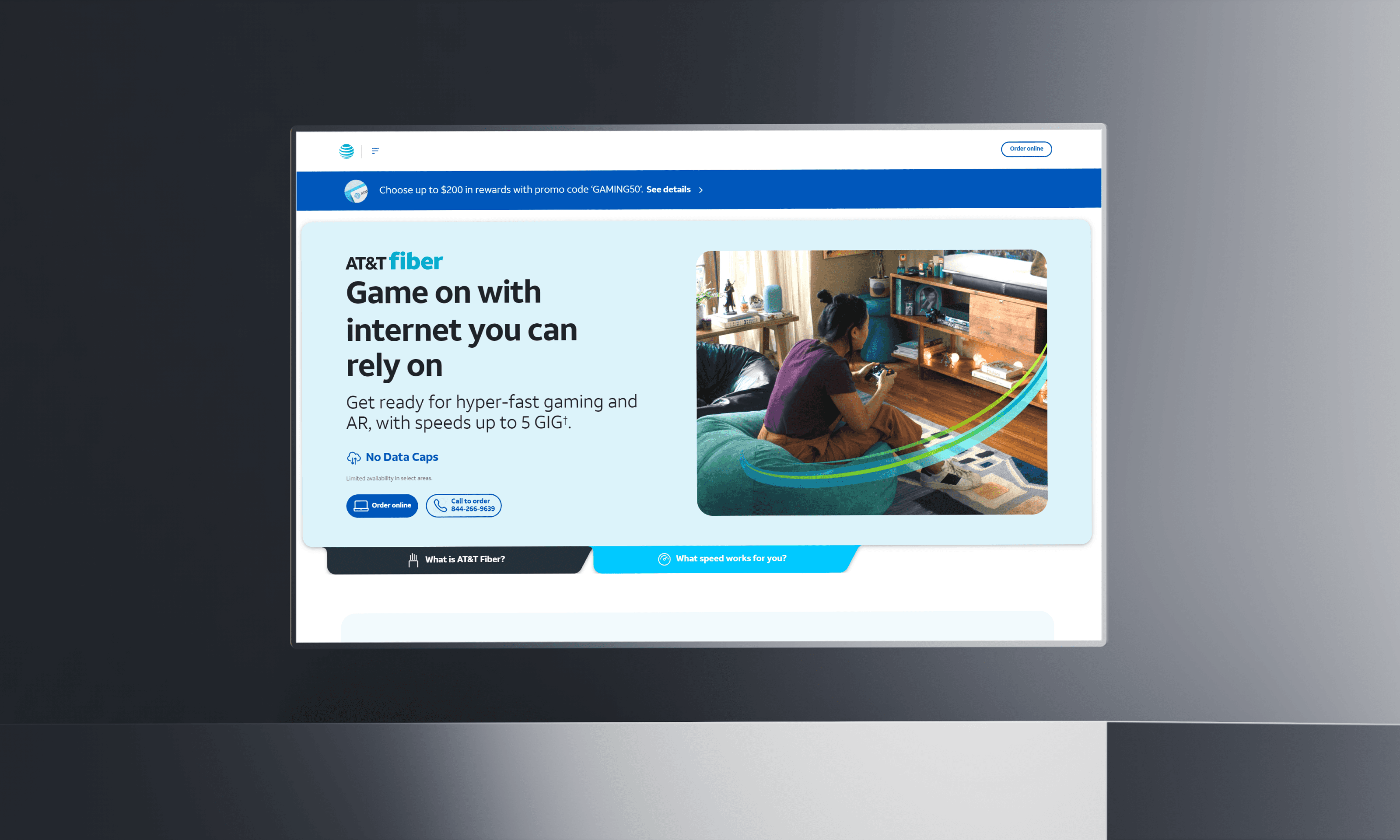BBC Sport creates Dwell Events
As BBC has developed increasingly diverse content formats, it has become clear that measuring clicks alone is no longer sufficient for understanding user engagement. Simply measuring if a post was viewed for one second isn’t enough, as it doesn’t guarantee the content was actually read. Their data team stepped in and, on top of Piano, built a powerful proprietary metric.
In 2021, BBC Sport began analyzing the average reading speed—987 characters per minute—and their typical post length of 250 characters. From this, they concluded their average short-form post would take approximately 15 seconds to read. This insight led to their creation of a proprietary measure they call 'dwell events,' meaning when content captures a user's attention for 15 seconds or more.
Using Piano’s custom event and custom metrics capabilities, dwell events have become a new North Star metric at BBC that provides valuable editorial and product insights. Editorial teams identify which types of content—by type, length and topic—are most engaging. Product teams analyze user navigation, assess page layout effectiveness, and monitor scroll depth and pagination. The BBC quickly identifies content that retains user attention and tailors their offerings accordingly.
Piano’s real-time dashboards now offer BBC staff immediate feedback on content ‘dwell’ performance. Analysts, producers and journalists use Piano’s real-time dashboards to access insights directly and share them across teams. Over 1,000 people at the BBC log into Piano Analytics every month to perform analysis, implying a level of user-friendliness that is simply unheard of with other platforms.
Powerful results come when organizations align on a common set of business-relevant metrics across teams. After the creation of dwell events, the number of average weekly unique visitors rose by 28% compared to the previous season and the average time spent per visit increased by an impressive 106%.
AT&T’s move to personalized experiences
Critical Mass, a renowned digital agency within Omnicom, is known for integrating cutting-edge technologies for its global clientele.
Their client, AT&T Communications, serves over 100 million consumers in the U.S. with mobile and broadband services—a broad target with a diverse set of needs.
Critical Mass leveraged Piano as part of a communications tech stack and process they created to enable massively personalized campaigns at unprecedented speeds.
Critical Mass (CM) began moving AT&T’s Fiber campaigns from generic messaging to personalized digital experiences, tailoring messages to audience segments in specific local geographies. But managing multiple hard-coded pages became unwieldy. CM went looking for a solution that would allow low-effort test creation and data collection, and turned to Piano.
What Critical Mass has built for AT&T on Piano isn’t a campaign, it’s a system. Or as Critical Mass puts it, their approach to building AT&T’s fiber business is an “always on, always learning, always iterating program.”
Using Piano Composer, CM fields more than 40 different AT&T experiences each quarter, each of which is segmented based on ten different factors (e.g. zip code, traffic source, new vs. returning visitor, search term), hyper-personalized to individual audiences, automatically tested and measured.
By wiring Composer to Hygraph, a headless CMS that houses the creative building blocks, Critical Mass can deploy variations of offers, creative, and audience targets quickly and with minimal effort. They report that they are now updating their campaigns more than 10x faster than before.
CM then tracks the results in real-time using Piano Analytics, and so far, they’re driving a 24% higher click-through rate. That result Critical Mass’ great work making the creative and designing the process, not Piano – we’re just proud to be the plumbing behind it.
Building a content recommendations ecosystem that turbocharged engagement
L'Équipe, a French daily newspaper focused on sport, had a perception problem: when it came to market awareness, its incredible coverage of football left other sports on the sidelines.
How does a business react when they’ve become over-specialized in the eyes of their users?
Other sports L'Équipe covered with similar excellence, including rugby, motorsport and cycling, were getting lost, threatening their position as a leading French source across several sports. When they solicited user feedback, it began to contain quotes like, “Disappointing, too many articles about football,” “Why do you always focus on football?,” and “Football, football, football, football.”
The data and engineering teams at L'Équipe acted quickly and used their data from Piano to develop new approaches. At first, they tried traditional content recommendations on-site to point users to new content. But because the football articles were always the most popular, the content recommendations engine merely steered users to even more football articles.
Because they had a variety of data points at their fingertips and could quickly experiment, they were able to test an algorithm that, in effect, discounted the referral score of football articles based on the volume of football articles, and more properly examined the per capita popularity of content.
The results were incredible, both satisfying the thirst of their audience for more diverse content, but yet still surfacing the articles most likely to get clicks. Of course, Piano Analytics served not only as a key source of the data to fuel their development, but with the ability to precisely measure the outcome. Clicks on their push notifications grew by 30x, and clicks on their home page content grew by 27x.
One of the most satisfying parts of working with L'Équipe has been watching how their data team has grown. What began several years ago as a small team with a focus on data analysis for other groups has now grown into a large team with several data scientists and a head of data who are focused on differentiating and evolving the business. We’re excited to have been a small part of their success.







